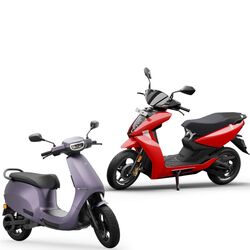Tata Nexon EV dominates the Indian e-car market via a frugal road less travelled
- Tata Nexon EV is the bestselling electric car in India.
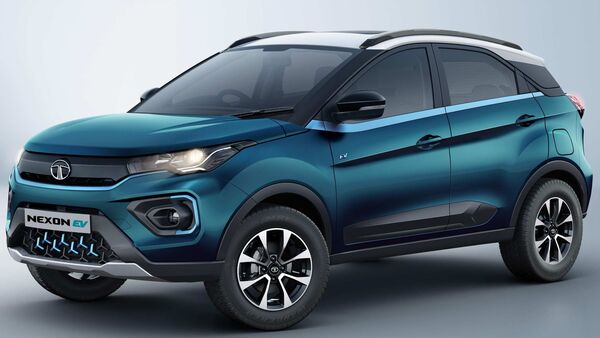

Tata Nexon EV currently rules the Indian electric car market. It also helped the homegrown automaker to grab around 90 per cent of the Indian electric car market. A report by Reuters reveals that the journey of this electric compact SUV started very unusually, through a frugal road that is less travelled by the other carmakers. The report reveals how Tata Motors repurposed an unused shop floor at its flagship plant in Pune to roll out the Nexon EV.
Also Read : Tata Motors aims to bring multiple EVs for buyers across segments
The Tata Nexon EV is based on the same model that is meant to get petrol engines. The car gets the required wiring with a battery pack, fitted by hand. The report claims that initially, the shop floor made only eight SUVs a day. However, with demand increasing in the last two years, Tata Motors now makes more than 100 units of Nexon EVs daily. Despite this frugal innovation and DIY methods, the automaker dominates the electric car market in India, where the Nexon EV competes with rivals like MG ZS EV and Hyundai Kona EV.
Also check these Cars
While Tata Motors took this humble approach, other major automakers pour billions of dollars into EV tooling and technology from the word go. As the report points out, there are several factors that helped Tata to make the Nexon EV a successful model.
Instead of building a new electric car manufacturing plant that would be expensive and take a long time to develop, Tata Motors decided to pick an existing successful car from its ICE portfolio and work on outfitting it with a battery pack and electric motors. This strategy helped the automaker to keep Nexon EV's pricing affordable as compared to the rivals. Also, the trust that it gained with the petrol and diesel engines, helped the Nexon EV to quickly gain the attention and trust of the consumers.
Speaking about this strategy, Anand Kulkarni, vice president of product line and operations at Tata Passenger Electric Mobility, said that setting up an EV plant for a nascent market like India would have been a huge amount of investment sitting on the potential of emerging volumes, which the automaker didn't want to do.
Apart from that, Tata also limited upfront investment by relying on a range of Tata group companies for a range of EV components and infrastructure, and by choosing a cheaper battery chemistry type. This range of measures taken by the automaker helped it to price the Nexon EV at around ₹15 lakh, while its rivals are priced significantly higher. The pricing of the Tata Nexon EV may not be cheap, but certainly affordable compared to its rivals.







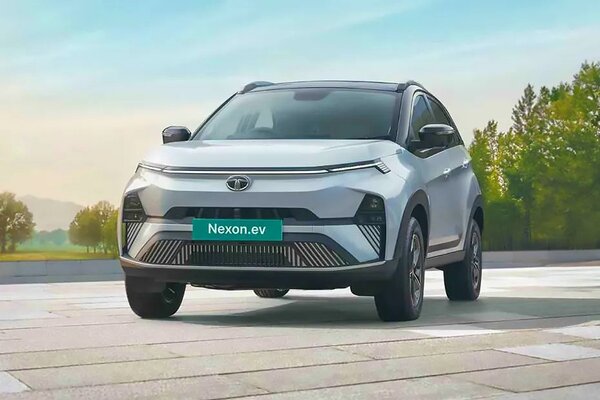
 40.5 kWh
40.5 kWh 465 km
465 km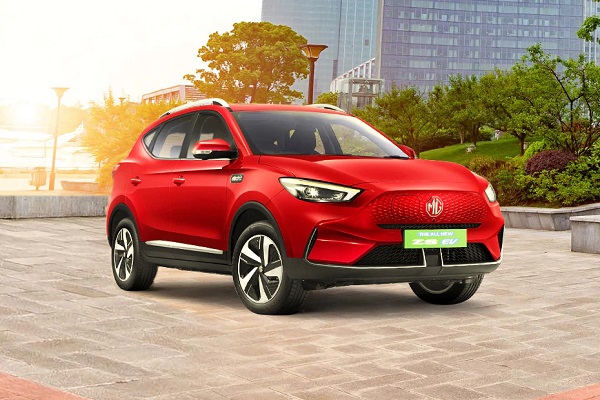
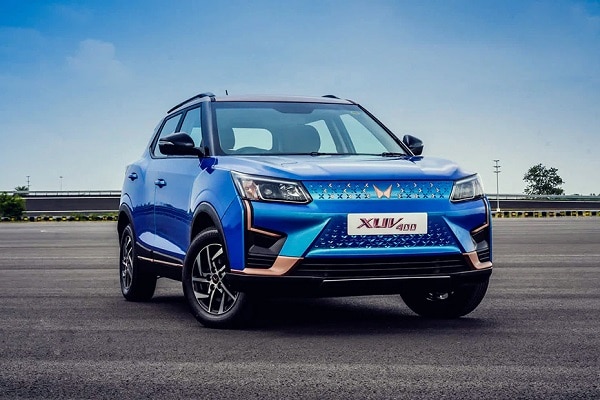
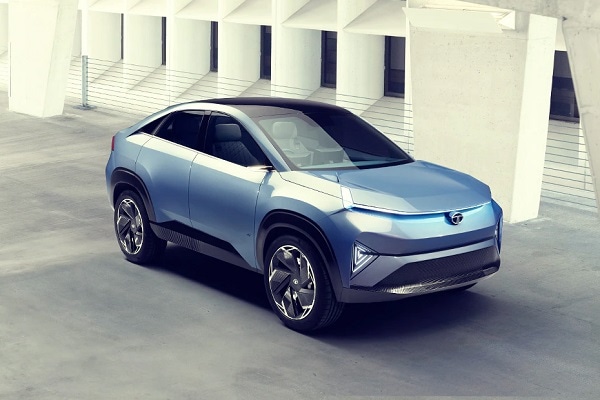


 1497 cc
1497 cc Multiple
Multiple





